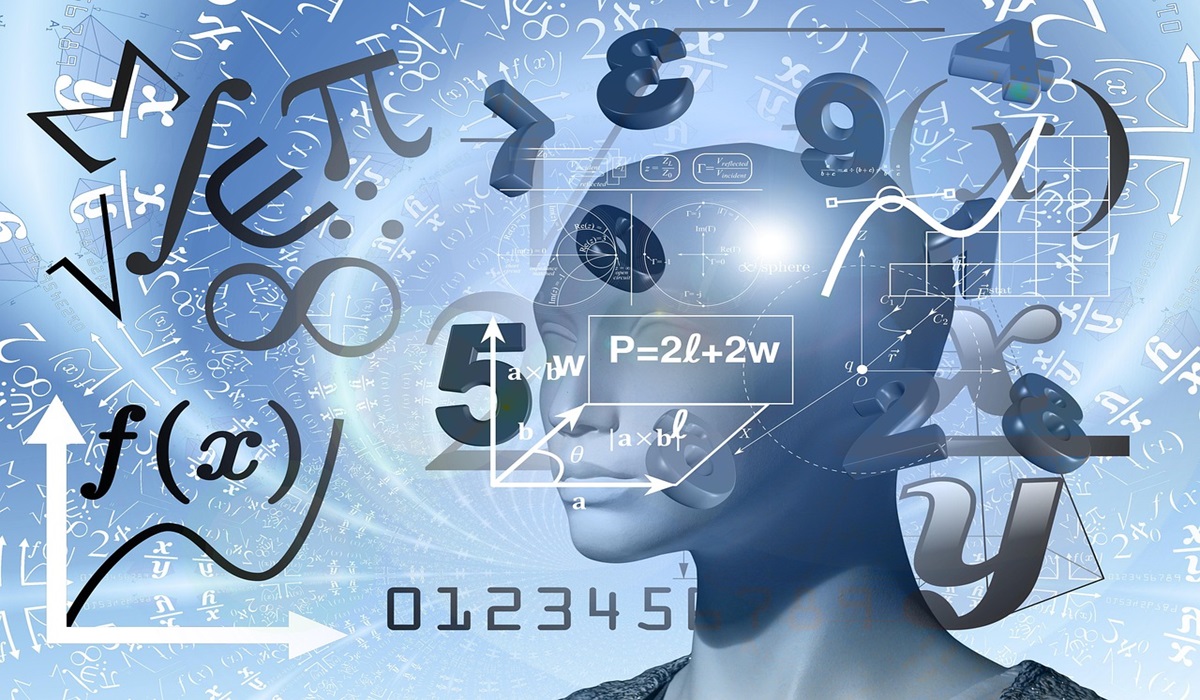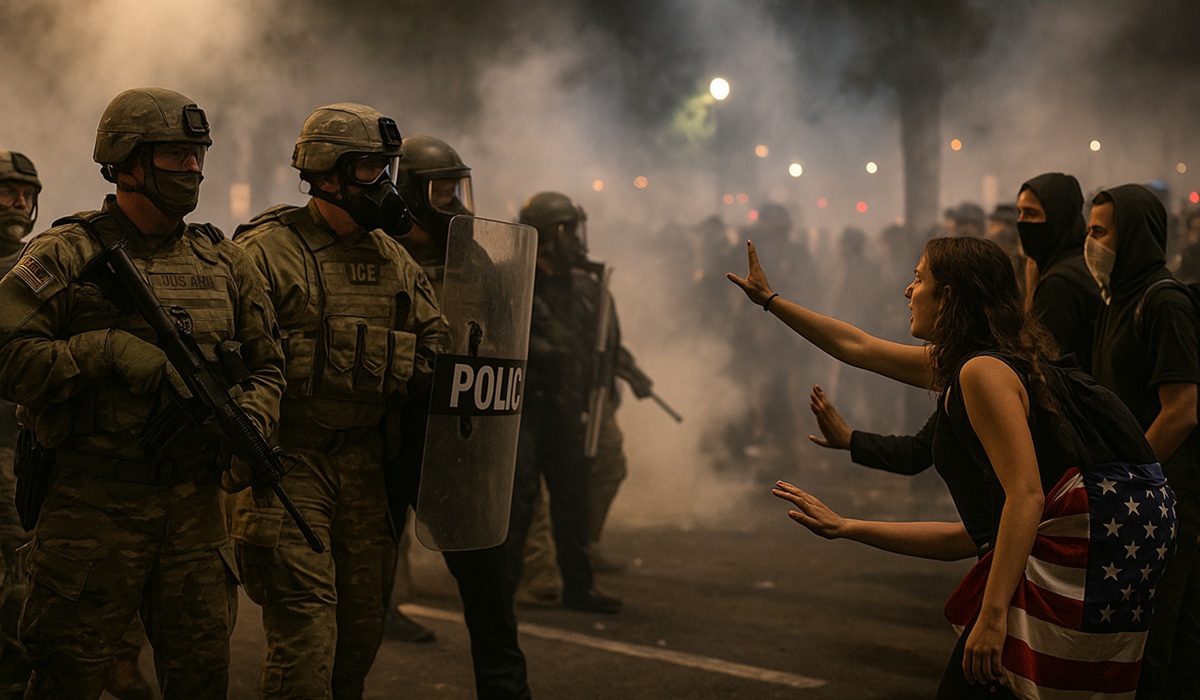The Fear of Progress: How Resistance to AI Mirrors History’s Greatest Technological Revolutions
- TDS News
- Technology
- Trending News
- March 15, 2025

Image Credit, Geralt
The world stands at the precipice of a technological renaissance, one defined by artificial intelligence—a force as transformative as the steam engine, the automobile, and the airplane. Yet, despite its immense potential to enhance productivity, efficiency, and creativity, AI remains a subject of contention, met with skepticism, fear, and outright resistance. This phenomenon is not new. History is replete with examples of humanity hesitating before the inevitable march of progress. When automobiles replaced horse-drawn carriages, there was an outcry that jobs would disappear. When airplanes took flight, many believed they would never become a viable mode of transportation. Every major technological breakthrough has faced resistance, and AI is no exception.
In the creative industries, the skepticism toward AI is particularly pronounced. Writers, journalists, filmmakers, and musicians express concerns that AI will supplant their work, rendering human ingenuity obsolete. The fear is not unfounded—automation inevitably reshapes labor markets—but history has demonstrated that for every job displaced, new opportunities emerge. The film industry, for example, feared the introduction of digital cameras, believing they would eliminate the craft of cinematography. Instead, the industry evolved, creating new roles in digital effects, CGI, and virtual production. AI is no different; rather than diminishing creativity, it amplifies it, streamlining tasks that would otherwise consume countless hours.
In journalism and literature, AI is poised to become an indispensable tool. Writers and journalists should not view AI as an adversary but as an augmentation of their craft. The ability to generate drafts, edit manuscripts, summarize research, and assist in ideation does not diminish the role of the human creator—it enhances it. Time is the most precious resource, and AI offers the means to reclaim it. A book that once took years to research and draft can now be outlined, refined, and polished with unprecedented efficiency. The essence of authorship remains intact; AI is not the source of the ideas—it is the instrument that helps bring them to life.
Moreover, the notion that AI operates independently of human agency is a fallacy. AI does not create in a vacuum. It requires human input, guidance, and training to function effectively. The argument that AI-generated content lacks authenticity ignores the reality that human oversight is intrinsic to its development. Just as an airplane requires a trained pilot to navigate the skies, AI requires human expertise to direct its capabilities. Those who dismiss AI outright fail to recognize that mastery of this technology will define the next generation of professionals, thinkers, and innovators.
The evolution of technology is not a threat—it is an inevitability. Resisting AI is akin to resisting the printing press, the internet, or the smartphone. Those who embrace it will find themselves at the vanguard of progress, while those who shun it risk obsolescence. AI is not replacing human ingenuity; it is propelling it forward, enabling individuals to accomplish more, think bigger, and innovate faster. The question is not whether AI will shape the future—it already has. The question is whether we will have the foresight to harness its potential or resign ourselves to a futile resistance against the tide of progress.








